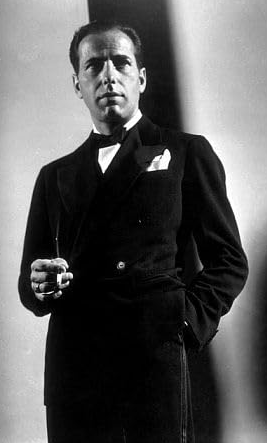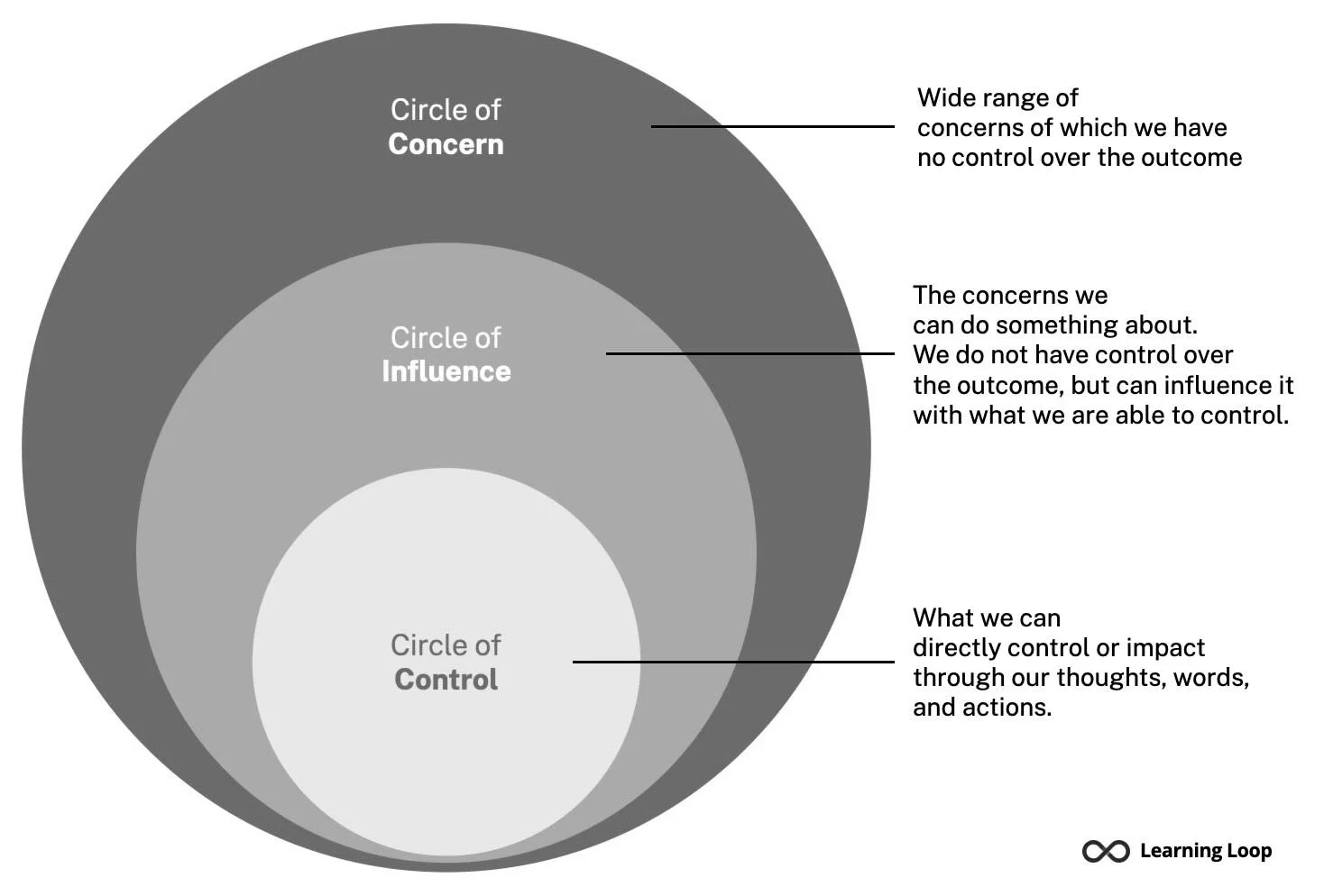Rick Blaine
Rick Blaine: Fictional Character, Relationship Therapist, Redeemer of Men and Love
A personal essay and reflection on my experience watching Casablanca, the 1942 classic romantic drama.
I watched Casablanca for the first time and walked away in love with three things:
Yvonne’s outfit in the opening scenes at Rick's Café Américain;
As Time Goes By by Dooley Wilson;
And Rick Blaine
While I own a few A-line skirts, I’ll have to keep my eyes peeled the next time I go thrifting for a beaded crop top to complete Yvonne’s ensemble. I’ve been reaching for As Time Goes By as the backing music for my slow days at home. And Rick Blaine… well, I haven’t stopped thinking about Rick Blaine.
When I say I love Rick Blaine, I should note that I’m not infatuated in the way that I usually am with male leads. His character lacks many of the qualities that typically endear me to angsty male protagonists. For one, Humphrey Bogart was 43 when he portrayed the love interest of Ingrid Bergman’s character Ilsa Lund (my equivalent age of 27 years old). I am currently watching Sex and the City for the first time and absolutely abhor Mr Big’s romance with the young Natasha, so that’s all I’ll say about that. Next, my romantasy-addled brain had no significant traumatic backstory to latch on to like tragedy porn. Rick Blaine does not compete with the likes of Rhysand, The Phantom, Anakin Skywalker, or either of the Salvatore brothers. Rick is just an ordinary man. An ordinary man who keeps highly questionable company, including a policeman coercing women to sleep with him for exit visas. There’s much to be desired, so what do I love about Rick Blaine? His love for Ilsa Lund.
Rick fell hopelessly in love with Ilsa and was devastated when she could not pursue a future with him. I love his broken heart, and the fact he can’t bear to listen to their song, As Time Goes By (a necessary reminder that men feel too, however unbelievable that may seem). He really loves her. So much so he sets her on the path to a new life, one he cannot join her on. He sacrifices his need to have her, elevating his love for her. It’s exquisite and it’s ruinous. I am no stranger to tragic romances, in fact, I adore them. But I was surprised by how Casablanca struck me. I think it comes down to selflessness.
When I think of tragedies such as Moulin Rouge, Anna Karenina, The Great Gatsby, Cleopatra, or Atonement, I am usually devastated by the premature separation of a couple I was rooting for. I am grieving lost time, horrific incidents, or inevitable fates. I am hopeless with the characters as they are often stripped of agency and choice, helpless against external forces such as imprisonment, war, or death. Now they can never be together, they will never have each other. The stakes are high in Casablanca, which is set during WWII. But Rick does not have Ilsa. She is married to another man, one she thought dead. And so, while the backdrop of the war and the drama of escaping Nazis escalate the tension in this love triangle, the real love story seems to be a simple one. One we may all be able to relate to.
Rick had every reason to detest Ilsa. She ruined his life, waltzing in for him to love and abandoning him all the same. My heart goes out to Rick, stranded at a train station with no explanation for why the woman he loves has left him. It would have broken me! They say hell hath no fury like a woman scorned. (Un)fortunately, my rage very rarely finds external purchase and prefers to run circles in my mind. The revenge fantasies I entertain are usually that, either spontaneously or through some catalytic event, my past love interests develop an abundance of empathy with which to understand how I think and feel. Consequently, they’re enlightened by how they hurt me, reflect on their actions, apologise, grow into a better person, or—more likely—become the man of my dreams and win me back so that we can live happily ever after. When my friends are wronged, they start swinging. When they dream of vengeance, physical harm befalls their exes. Something of a stabbing nature, usually. Rick may not be a woman scorned, but it would be entirely human of him to wish ill upon Ilsa. When we experience conflict or hurt in an intimate relationship, we either want change (like me) or we want them to hurt (like other women scorned).
As a psychologist, I hear a lot of lamenting about love. Clients, mourning the deterioration of their relationships, grasp for any final salvation. They’re desperate to know how they can change the mind, heart, and behaviour of their loved one and turn to me for answers. This extends to relatives and friends: I want them to do this. I want them to stop that. When people are fixated on controlling another person I draw on a resource I refer to as the Circle of Control, though it is also known as the Circle of Influence, Circles of Concern and Influence, Sphere of Influence, Circle of Power, or Circle of Trust. The term Circle of Influence was first coined by social psychologist Kurt Lewin in the 1940s. The material was relevant to psychologists and educators concerned with understanding what influences people in order to promote positive social changes. The framework was then popularised in Stephen Covey’s book, The 7 Habits of Highly Effective People. The Circle of Influence is a concept leveraged by those wishing to stoke movements or effect change in people—not unlike politicians, businessmen, marketers, advertisers. And lovers.
I teach clients about The Circle because we can influence people, and romantic interests, to an extent. We can offer them an opportunity to respond to the wants and needs that we honestly and vulnerably communicate, like Rick did when he confessed his desire to marry Ilsa. But most of our work in therapy happens in the centre of the circle: the circle of control. This part refers to what we theoretically have complete control over: our thoughts, feelings, and behaviours. It’s often what clients feel they have no power over, and through therapy we work to shift this locus of control from the external to the internal. In Casablanca, Ilsa endeavours to influence Rick, first through begging, then by demanding at gunpoint. But Rick’s locus of control is fixed on the internal so his aid and assistance comes only after he decides to offer it.
With Ilsa in such a vulnerable position, Rick arguably had ample power with which to influence her. She clearly still loved him, or if not, was desperate to save her husband from execution. As a man scorned, Rick could have hurt Ilsa or selfishly tried to secure her love and commitment to him. But he doesn’t. Rick reins his resentment and metamorphoses his grief. With authority and dominance over his own actions, he plays his part in her and her husband’s escape from Morocco. Rick offers, and risks, everything: to make Ilsa safe, and to give her and another man a chance at freedom and happiness. It’s completely selfless.
It’s sad, and utterly beautiful. It’s the antithesis of what modern-day relationships seem to portray. Control in this context is selfish, and influence is manipulative and demanding. In the bowels of Reddit, I’m told men want “to be wanted but not trapped”, sexual compatibility, effortless communication, someone who’s not clingy, and a woman who won’t rely on him financially. What I understand is that (not all) men want the emotional and sexual benefits of a relationship without acknowledging that another human being may have needs they must fulfil, negotiate, or compromise for, as well as being cynical and deluded enough to believe that all women want is money. Over on TikTok, women are told not to settle. Men should pay for everything, organise the dates, buy you flowers, and shower you in affection. They’re also visual creatures, so you should dress a little provocatively. But don’t give it up too easily. You also shouldn’t reply too soon; pull away and make him chase you. Things aren’t faring any better for women, who are made to believe that men are simultaneously base animals whom we should meticulously manoeuvre with a carrot or stick, and our perfect provider.
To me, this is all so, so, icky. These perspectives overlook all the ways in which men and women are both flawed, and also wonderful. It feels dehumanising, calculating, and formulaic when human beings—and love of all things—are anything but! Lana warned me that hope is a dangerous thing for a woman like me to have. But what if we disregarded dating advice from social media and showed up in the world like Rick Blaine? If we processed the fear and anxiety that surrounds love and lands my clients in therapy? If we stopped the miserable pursuit of moulding others to fit the hole in our hearts, what could love look like? If we accepted that we cannot control other people’s thoughts, emotions, or actions—only our own—could we then permit ourselves to give bountifully? Games would become redundant, because in a world where no one is pleading or taking, there would be no lack. Everyone could offer selfless love, and we would each become fuller and fuller. It is a utopia too distant to entertain, but that again is fear talking. Fear that dictates. Fear that leaches.
Casablanca was a tragic romance which filled me with hope. And that is why I love Rick Blaine.




